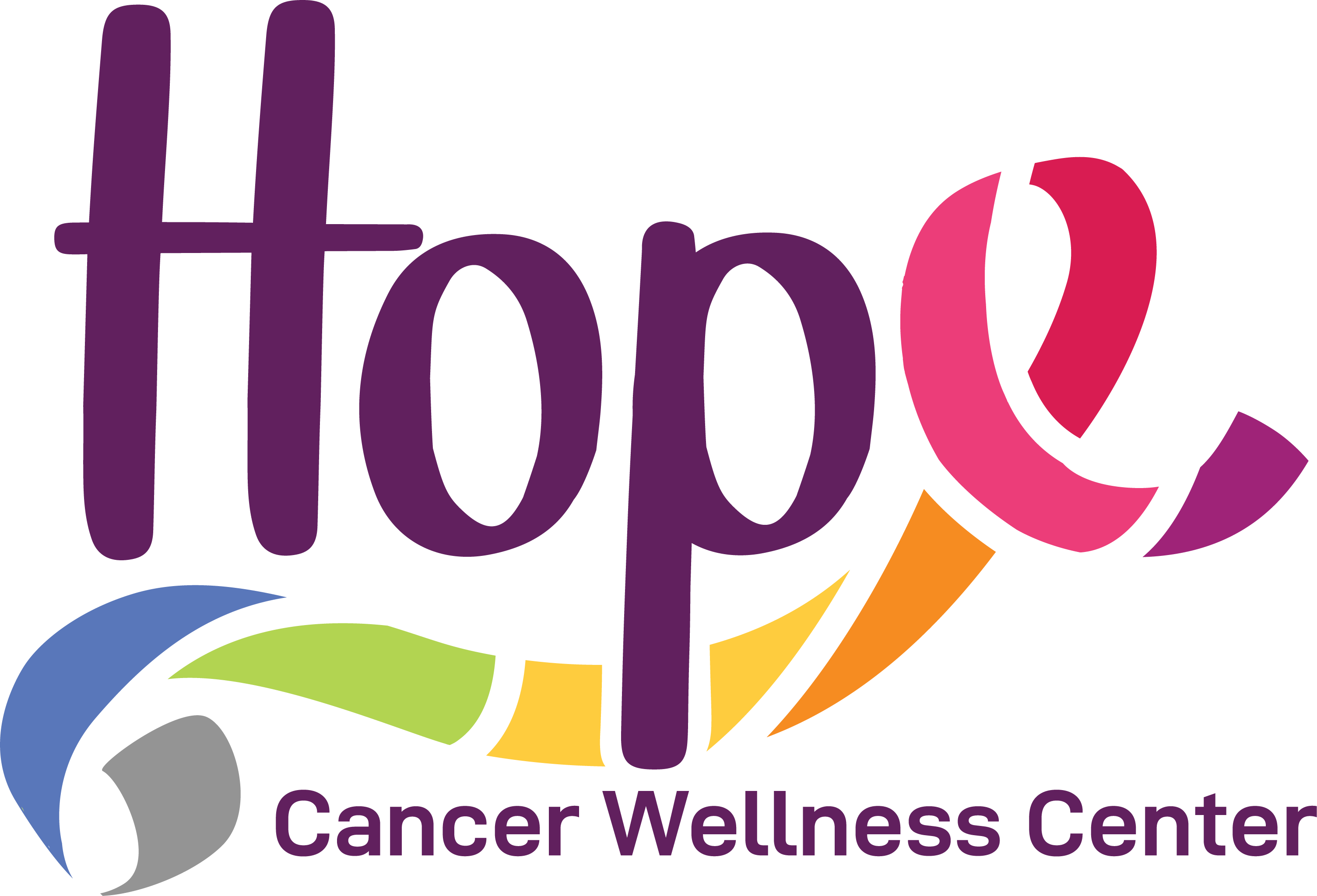Heart Health and Cancer
When someone is diagnosed with cancer, the focus often shifts to the treatment and management of the disease itself. However, one aspect that is sometimes overlooked is heart health. Cancer treatments, such as chemotherapy and radiation, can affect the heart, leading to complications that may be hard to anticipate. In this post, we will explore the relationship between heart health and cancer, and why taking care of your heart is crucial during cancer treatment.
The Link Between Heart Health and Cancer
The connection between heart health and cancer is complex, and it can be influenced by a variety of factors. Some cancer treatments, particularly chemotherapy and radiation, have been shown to affect the cardiovascular system. For instance, certain chemotherapy drugs can lead to weakened heart muscles or damage to the arteries, which may increase the risk of heart disease or heart failure later in life.
- Chemotherapy and Cardiovascular Risks: Several chemotherapy drugs, including anthracyclines (like doxorubicin), can have cardiotoxic effects. These drugs can damage the heart muscle, leading to a condition called cardiomyopathy, which impairs the heart’s ability to pump blood effectively.
- Radiation Therapy and Heart Health: Radiation therapy to the chest, often used for breast cancer or lymphoma, can increase the risk of heart disease over time. The radiation may damage blood vessels, leading to narrowed arteries or an increased risk of heart attack.
How Cancer Treatment Can Affect Heart Function
Both chemotherapy and radiation treatments can lead to long-term cardiovascular complications. Patients undergoing cancer treatment should be aware of these risks and take steps to monitor and manage their heart health.
- Weakened Heart Muscle: Some chemotherapy drugs can cause the heart to pump less effectively, leading to fatigue and shortness of breath.
- Increased Risk of Heart Disease: Both chemotherapy and radiation can contribute to the hardening or narrowing of arteries, which can lead to high blood pressure and an increased risk of heart attack or stroke.
- Changes in Blood Pressure: Certain cancer treatments can affect blood pressure, either raising or lowering it to unhealthy levels.
Signs to Watch For:
During cancer treatment, it’s important for patients and caregivers to stay vigilant for any signs that could indicate heart problems, such as:
- Unexplained shortness of breath
- Swelling in the legs, ankles, or feet
- Chest pain or discomfort
- Persistent fatigue or dizziness
If any of these symptoms occur, it’s essential to consult with both oncologists and cardiologists to evaluate the situation and adjust treatment if needed.
Protecting Your Heart During Cancer Treatment
While the risks to heart health during cancer treatment are real, there are several proactive steps that patients can take to protect their hearts:
- Monitor Heart Health Regularly: Regular check-ups with a cardiologist are essential, especially for those undergoing chemotherapy or radiation therapy. This can help catch any early signs of heart trouble.
- Manage Risk Factors: Patients should work with their healthcare team to manage common heart disease risk factors, such as high blood pressure, cholesterol, and diabetes. Maintaining a healthy lifestyle, including eating heart-healthy foods, exercising, and quitting smoking, can also reduce the impact of cancer treatments on the heart.
- Exercise and Nutrition: Maintaining physical activity (as tolerated) and following a balanced diet rich in fruits, vegetables, lean proteins, and whole grains can support both heart and overall health.
Managing heart health during cancer treatment is an essential aspect of the overall care plan. By staying aware of the potential risks and actively monitoring cardiovascular health, patients can reduce the chance of long-term complications. Remember, your heart is just as important as any other aspect of your health during cancer treatment.
If you or a loved one are facing cancer treatment, make sure to discuss heart health with your oncologist and a cardiologist. With the right care and attention, it’s possible to manage both cancer and heart health effectively.
